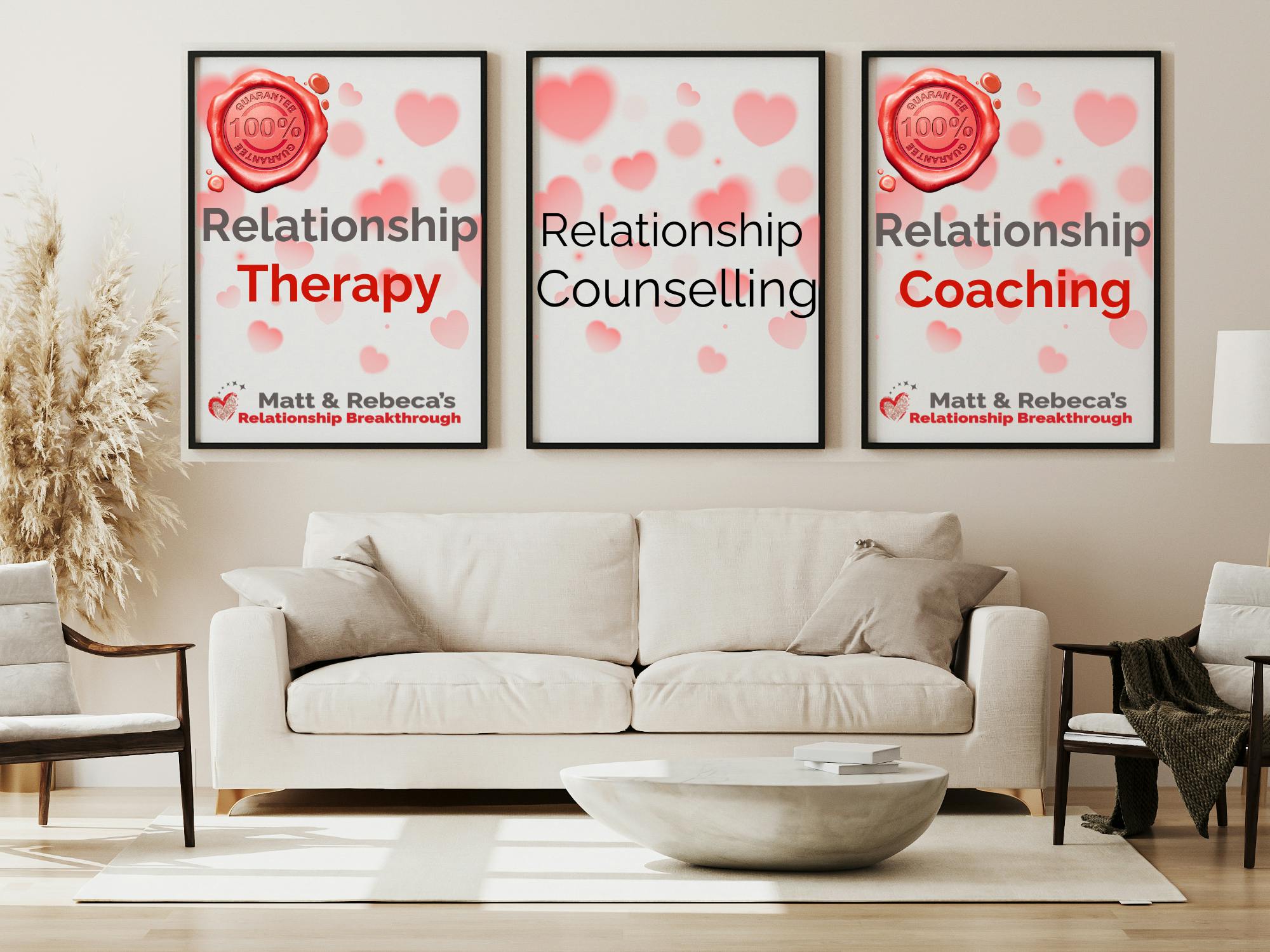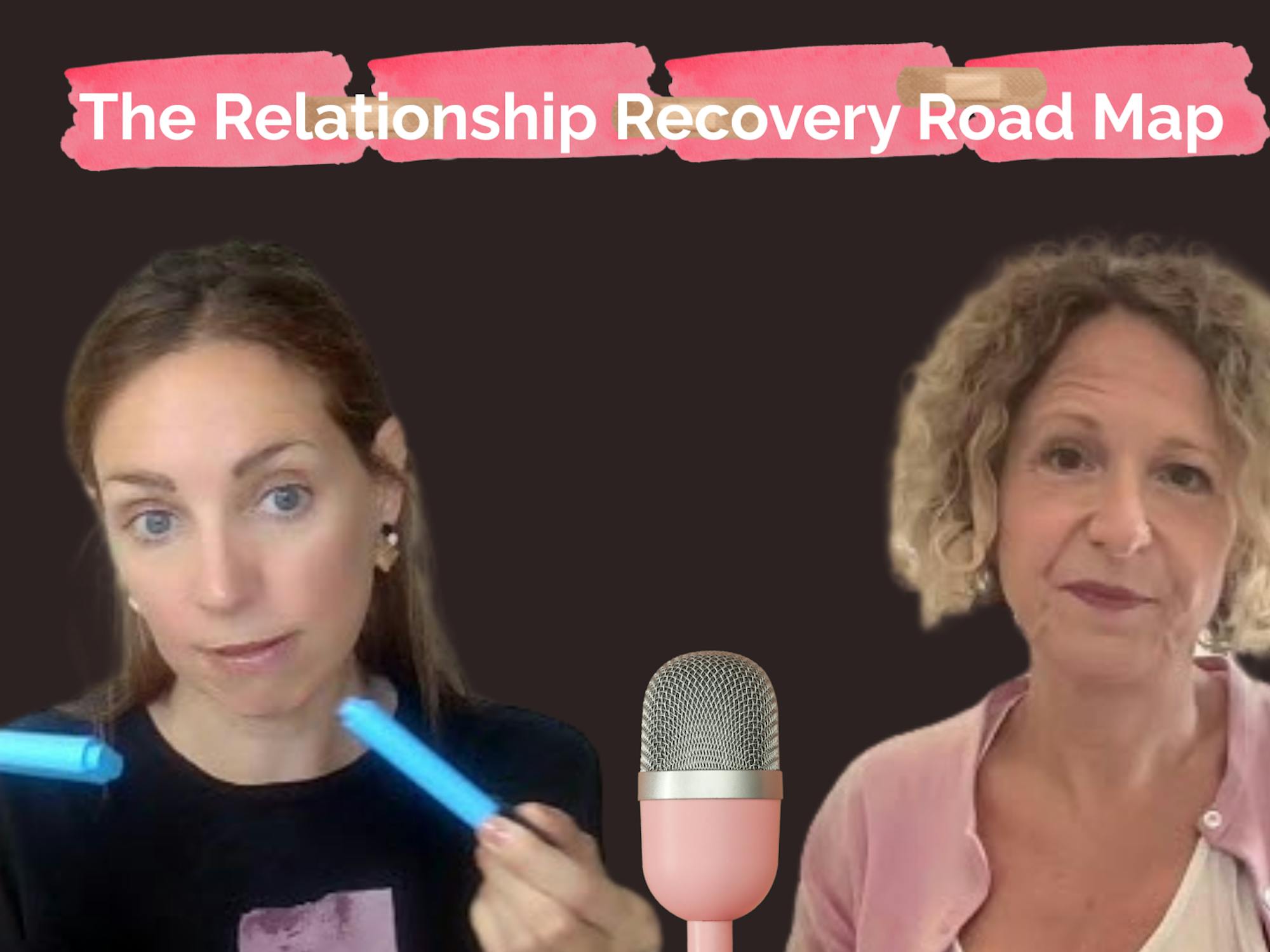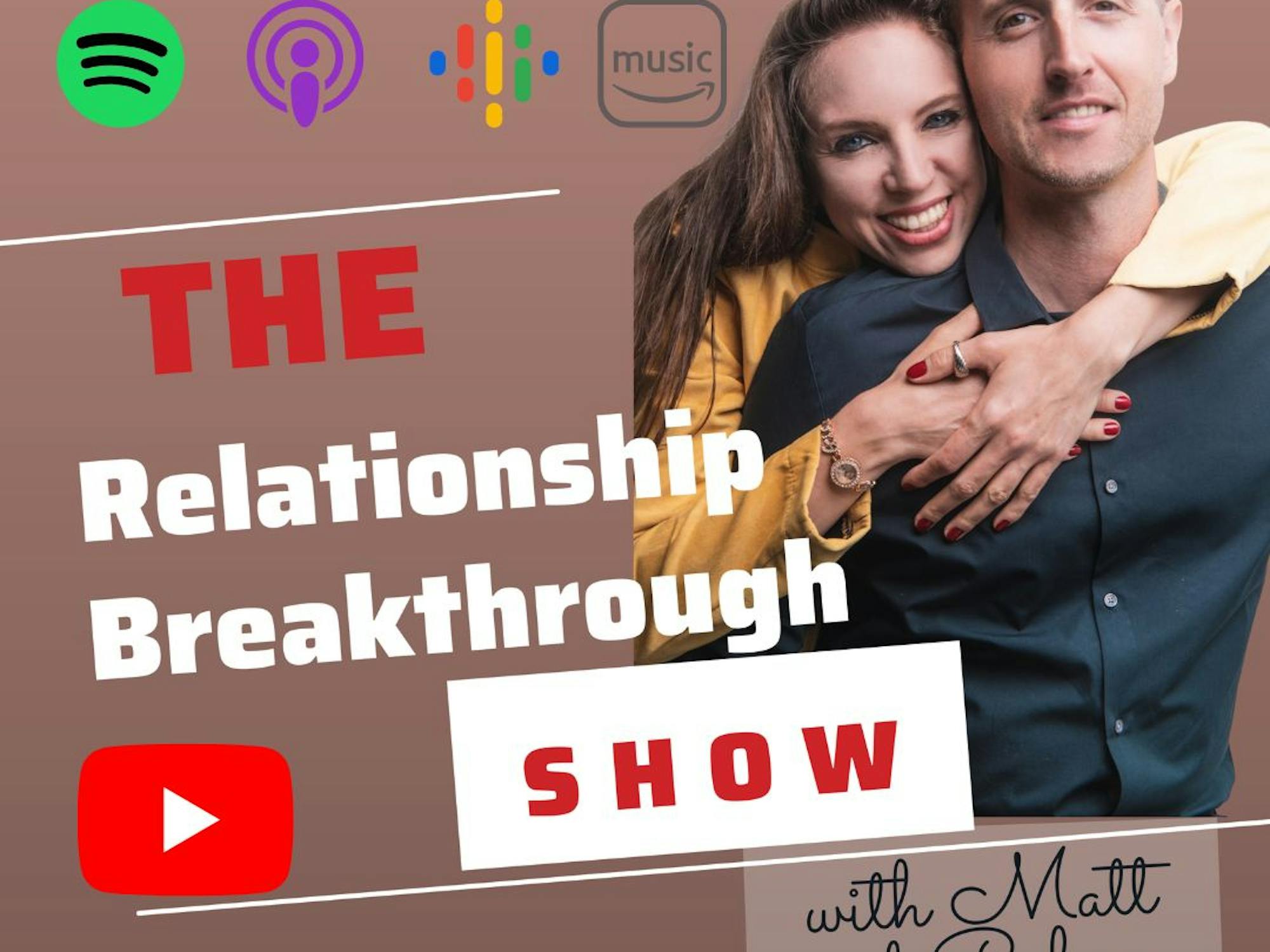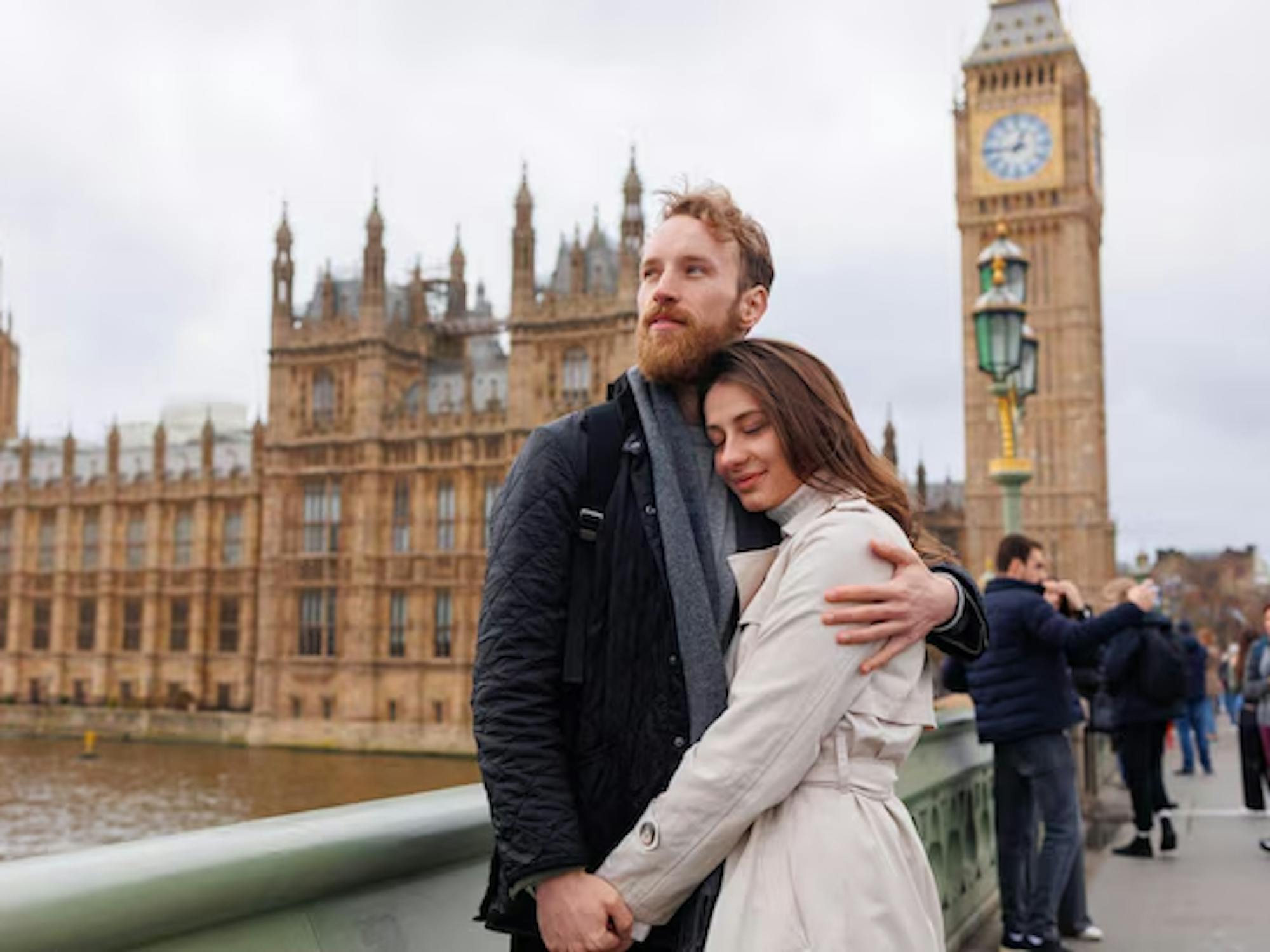
Relationship therapy, counselling, and coaching each offer unique approaches to resolving issues and fostering healthy connections.
What’s the difference between Relationship Therapy vs Relationship Counselling vs Relationship Coaching?
When it comes to seeking help to have a great romantic relationship, understanding the differences between Relationship Therapy, Counseling, and Relationship Coaching is critical.
Navigating the complexities of personal relationships often requires outside help, but the type of professional assistance you seek can vary significantly depending on your needs. Relationship therapy, counselling, and coaching each offer unique approaches to resolving issues and fostering healthy connections. Here’s a comprehensive look at the differences between these three forms of relationship support.
Relationship Therapy
Purpose and Focus: Relationship therapy, also known as couples therapy or marriage therapy, primarily focuses on diagnosing and treating mental health issues that affect relationships. It delves into deep-seated problems, emotional disturbances, and psychological patterns that hinder healthy relationships.
Professional Background: Therapists are licensed mental health professionals such as psychologists, psychiatrists, licensed marriage and family therapists (LMFTs), as well as Neurolinguistic Behavioural Programmers, Clinician Hypnotherapists, Cognitive Behavioural Practitioners or Systemic Therapists. They have extensive training in mental health disorders, therapeutic techniques, and relationship dynamics.
Style: Therapists use evidence-based therapeutic methods like Cognitive Behavioral Therapy (CBT), Emotionally Focused Therapy (EFT), and psychodynamic approaches. The goal is to understand underlying issues, improve emotional regulation, and foster healthier interaction patterns. Therapy often involves exploring past experiences and trauma that influence current behaviour and relationship dynamics.
Frequency: Nowadays Therapy doesn’t necessarily have to be a long-term process, it depends on the severity and nature of the issues. Sessions are typically structured and can last anywhere from just one or a few sessions, to months or years, depending on the couple's needs.
Average cost: $75 to $200 per hour.
There are several factors that could be influencing the cost like the therapist's qualifications, session length, geographic location, verified testimonials of previous clients, and whether sessions are in-person or online.
When to Seek Therapy:
- Persistent relationship distress and conflict
- Mental health issues like depression, anxiety, or trauma affecting the relationship
- Significant communication problems
- Infidelity and trust issues
- Need for a deeper understanding of emotional and psychological issues
Relationship Counselling
Purpose and Focus: Relationship counselling addresses specific issues or conflicts within a relationship, aiming for resolution and improvement of relational functioning. It is often more short-term and problem-focused than therapy.
Professional Background: Counsellors can include licensed professional counsellors (LPCs), social workers, and pastoral counsellors. They may not have the same level of training in mental health disorders as therapists but are skilled in addressing relationship issues.
Style: Counselling emphasises practical solutions and strategies to address current problems. Techniques might include communication skills training, conflict resolution strategies, and goal setting. Counsellors work to help couples improve their relationship dynamics and resolve specific issues.
Frequency: Counselling is typically shorter-term than therapy, often lasting a few weeks to several months. Sessions focus on immediate problems and actionable steps to improve the relationship.
Average cost: $50 to $150 per hour.
There are several factors that could be influencing the cost like the therapist's qualifications, session length, geographic location, verified testimonials of previous clients, and whether sessions are in-person or online. Also, some relationship therapists offer package deals that can reduce the cost per session.
When to Seek Counselling:
- Specific relationship issues or conflicts
- Communication breakdowns
- Transitional phases in relationships (e.g., engagement, marriage, parenting)
- Desire for improved relational skills and strategies
- Short-term intervention for acute issues
From our experience, most of our clients come to us after trying couples counselling and whilst most of them say that it didn't work for them, a few of them before they start doing our programme tell us that it did help them over a period of 6 months to two years but after doing the intensive part of our Relationship Breakthrough Programme they say that they "realise that hadn't gone anywhere near with the counselling than to where they feel now with our "Aligned with Love approach".
Relationship Coaching
Purpose and Focus: Relationship Coaching is goal-oriented and future-focused, aimed at helping individuals or couples achieve specific relationship objectives and enhance overall satisfaction. It emphasises personal growth, skill-building, and achieving desired relationship outcomes.
Professional Background: Coaches may or may not be licensed mental health professionals but are trained and certified in coaching methodologies. They come from diverse backgrounds, including psychology, life coaching, and personal development.
Style: Coaching involves setting goals, creating action plans, and developing skills to achieve those goals. Techniques include motivational interviewing, accountability frameworks, and strategic planning. Coaches focus on strengths, potential, and positive change rather than diagnosing and treating psychological issues.
Frequency: Coaching engagements are typically short- to medium-term, lasting from a few months to a year. Sessions are often structured around achieving specific milestones and goals.
Average cost: $100 to $300 per hour.
There are several factors that could be influencing the cost like the therapist's qualifications, session length, geographic location, verified testimonials of previous clients, and whether sessions are in-person or online. Also, some relationship coaches offer package deals that can reduce the cost per session.
When to Seek Coaching:
- Desire for personal and relational growth
- Specific relationship goals (e.g., improving intimacy, enhancing communication)
- Seeking motivation and accountability
- Interest in proactive and positive relationship changes
- Looking for structured guidance and support in achieving relationship objectives
How to decide what is right for you
When deciding which type of support to seek, consider the nature of your relationship issues and your goals:
- Therapy is ideal for addressing deep-rooted psychological issues, mental health concerns, and long-standing relational patterns.
- Counselling is suitable for resolving specific conflicts and improving relationship skills through practical, short-term interventions.
- Coaching is best for individuals or couples aiming to achieve specific goals, enhance overall satisfaction, and pursue personal and relational growth.
Each approach offers unique benefits and is suited to different needs and circumstances. Understanding these differences can help you make an informed decision and find the right support to foster a healthy and fulfilling relationship.
If you are looking for support with your relationship situation, whatever that is, we recommend you to safe time, money and pain by combining Relationship Coaching with Individual Therapy which is one of the best promises when it comes to understanding what is going on, how you’ve got to that situation and what you can do to start shifting things around.



